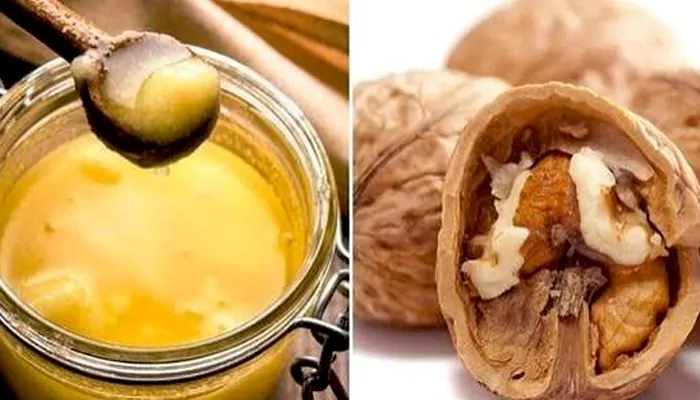Ayurveda Aaj - Tulsi: Nature's Answer to Your Health Concerns
- Soham Halder
- 1 year ago
- 3 minutes read

Among well-known herbs used within Ayurveda, tulsi (Ocimum sanctum Linn) is preeminent because of numerous health benefits.
Tulsi, also known as holy basil, is a nutritious ayurvedic herb containing multiple vitamins and minerals. This plant is observed in almost every Indian house. Along with offering health benefits, Tulsi is considered as a holy tree in Hindu culture, which is worshiped daily. In this article, we will discuss amazing medicinal properties of this ayurvedic herb.

Nature’s Doctor in Every Leaf:
Tulsi boasts a decent amount of nutrients. You can obtain 0.6 gram (g) fat, 22 calories, 2.7 g carbohydrates, 1.6 g dietary fiber, 0.3 g sugar, 3.2 g protein, 4 mg sodium, 295 mg potassium, and 1540 mcg Vitamin K from 100 grams of Tulsi leaves. It also contains minerals like calcium, magnesium, phosphorus, and iron.
Tulsi’s Secret Superpowers:
Tulsi is also called the "queen of herbs" because of its potential to cure a diverse range of diseases. Believe it or not, our surroundings are unhealthy, with the rising risks of diseases like diabetes, obesity, asthma, hypertension, and so on. But don't worry; we have one such herb in our house that has unimaginable healing power.
Immunity Booster: Tulsi is an excellent great immunity booster due to high amount of vitamin C and Zinc. Other phytochemicals provide anti-inflammatory, antibacterial, and antifungal actions to keep the infections.

Relief from Respiratory Discomfort & Fever: We are going through a weather transition, which is a vulnerable time to get cough or suffer from common cold. This is the time when people also suffer from respiratory infections and asthma. Are you facing the same? Tulsi might help you due to high amount of Camphene, cineole, and eugenol. These phytochemicals help to soothe coughs, nasal congestion as well as respiratory discomfort. Additionally, anti-inflammatory and antimicrobial properties of Tulsi relieve the symptoms of severe colds, coughs, bronchitis, influenza, and fever.
Say Goodbye to Sugar Spikes: If you are a prediabetic or already suffering from type 2 diabetes, you must consume Tulsi regularly to manage blood sugar levels. Scientific research has proved Tulsi to reduce the symptoms of high cholesterol and insulin resistance. It is also effective against hypertension and obesity.

Beat the Stress Blues: Tulsi reduces stress and regulates the neurotransmitters serotonin and dopamine secretion. Adaptogenic properties of Tulsi help the body adapt to any stressful situation and promote the feelings of well-being.
Break Free from Kidney Stones: Tulsi contains mild diuretic and detoxifying substances, which can reduce uric acid levels. The acetic acid in Holy basil has been proven to be effective against breaking down kidney stones.
Glow Naturally: Antibacterial properties of Tulsi reduces acne problems. Tulsi leaves are also effective against insect bites due to anti-inflammatory, analgesic, and antihistamine properties.

Make Tulsi a Habit:
Start your day with tea and a tulsi leaf for a refreshing and immunity-boosting morning. For patients suffering from cough or cold, inhale the steam from the boiled tulsi leaves and consume the combination of ginger, honey and tulsi leaves. For diabetic patients, consumption of 2-3 tulsi leaves on an empty stomach in the morning can show magical change in blood sugar levels. It also reduces cholesterol levels in the blood. Tulsi leaves can also be used as facemask and facial steam. Nowadays, Tulsi powder is also available in the market, which should be consumed with honey or ghee.
Despite these health benefits, Tulsi should be avoided by people suffering from bleeding disorders. Experts often suggest to stay away from Tulsi for patients recovering from a surgery.












